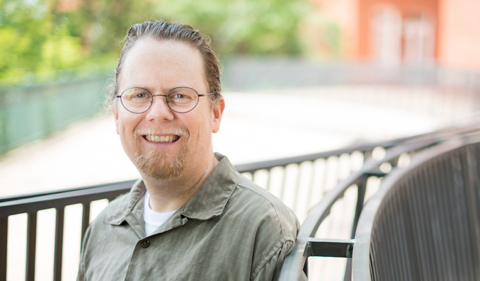Dr. Stephen Scanlan, Associate Professor of Sociology, presented “Deprivation and Conflict: A Comparative Analysis of Inequality, Underdevelopment, and Global Food Riots, 2007-2014” at the American Sociological Association annual meeting in August in Chicago.
“The session that I presented in was sponsored by the ASA section on Peace, War, and Social Conflict,” says Scanlan. “It focused on the connections between inequality and conflict, making it a perfect venue for my analysis of food riots and their links to poverty, hunger, and underdevelopment in multiple forms. ASA provides a great opportunity for individuals with similar research interests to come together and exchange ideas and garner feedback, and the session that I was part of this was year was particularly valuable in that regard given how much the papers being presented complemented each other.”
Abstract: In this paper I examine food riot versus non-food riot countries from a cross-national perspective to determine the factors associated with this form of violent conflict and its relationship to deprivation in many forms. Using data from multiple sources including the UN Development Programme, the UN Food and Agriculture Organization, the World Bank, and World Food Programme among others, I connect food riots to the hunger and food insecurity foundation reflected in them. Extending this I find that this form of protest echoes larger patterns of underdevelopment and human insecurity, thus accounting for multiple global inequalities. Whether it is economic opportunity or poverty, population and health, the environment, or politics and human rights among other concerns, food riot countries reveal many facets of deprivation and inequality that play out in the political economy of the world system. Food riots and other forms of unrest are certain to garner increased attention to the causes they represent for the world’s poor and the connections between scarcity and conflict in various forms.
The Annual Meeting of the American Sociological Association provides the opportunity for professionals involved in the scientific study of society to share knowledge and new directions in research and practice. Nearly 600 program sessions are convened during the four-day meeting held every August to provide participation venues and networking outlets for nearly 3,000 research papers and more than 4,600 presenters. This year’s topic: Sexualities in the social world.

















Comments